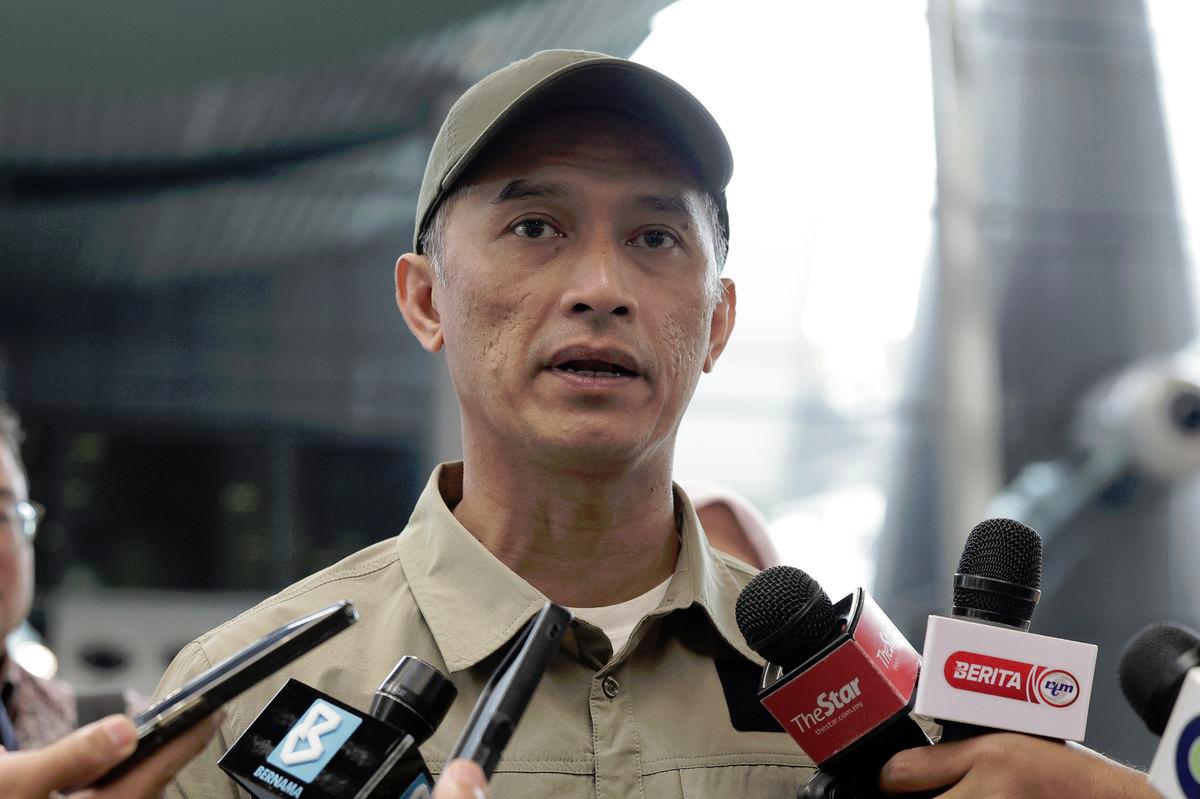PUTRAJAYA: The Malaysian Border Control and Protection Agency will expand its operational responsibilities at 125 international entry points nationwide starting January next year.
Director-General Datuk Seri Mohd Shuhaily Mohd Zain stated this move aims to ensure a more uniform, integrated, and efficient border control and facilitation system.
He announced AKPS is now entering its second implementation phase by taking over all remaining active international entry points across the country.
This phase will be implemented gradually and is expected to be fully completed by January 2026.
Mohd Shuhaily revealed that since operating under the Home Ministry this year, AKPS has focused on strengthening operational integrity and efficiency.
The agency has also developed a strategic direction and long-term development plan while enhancing human resource capacity.
He confirmed AKPS officially began full operations on January 1 by taking over functions from six core agencies at border gates and national checkpoints.
These agencies include the Immigration Department, Royal Malaysian Customs Department, and Malaysian Quarantine and Inspection Services.
Other integrated agencies are the Ministry of Health, Wildlife and National Parks Department, and the Road Transport Department.
Mohd Shuhaily highlighted AKPS’s key achievements within its first year of operation.
The agency drafted and gazetted the AKPS Act 2024 while commencing official operations at 22 land, sea, and air entry points during the act’s first implementation phase.
Standardisation of operating procedures and officer competency development were also implemented to strengthen professionalism and integrity.
He announced that 1,053 Customs Department officers joined AKPS earlier this month, bringing total personnel strength to 6,215 officers and staff.
This absorption presents new challenges as goods inspection responsibilities at 22 entry points have been operationally transferred to AKPS.
Mohd Shuhaily described this as a significant new responsibility for both AKPS and the Home Ministry collectively.
The agency is currently preparing an AKPS Strategic Plan to strengthen its long-term direction and organisational structure.
This plan will serve as the main guide for expanding operations and improving service efficiency across all border points.
It will outline five main agendas mandated by the Prime Minister focusing on trade and tourism facilitation.
Additional priorities include increasing national revenue, closing government revenue leakage, and strengthening officer integrity and professionalism.
AKPS also prioritises developing smart border technology involving integrated biometric systems and automatic cargo scanning.
The agency is implementing real-time data integration based on artificial intelligence to enhance border security and efficiency. – Bernama









